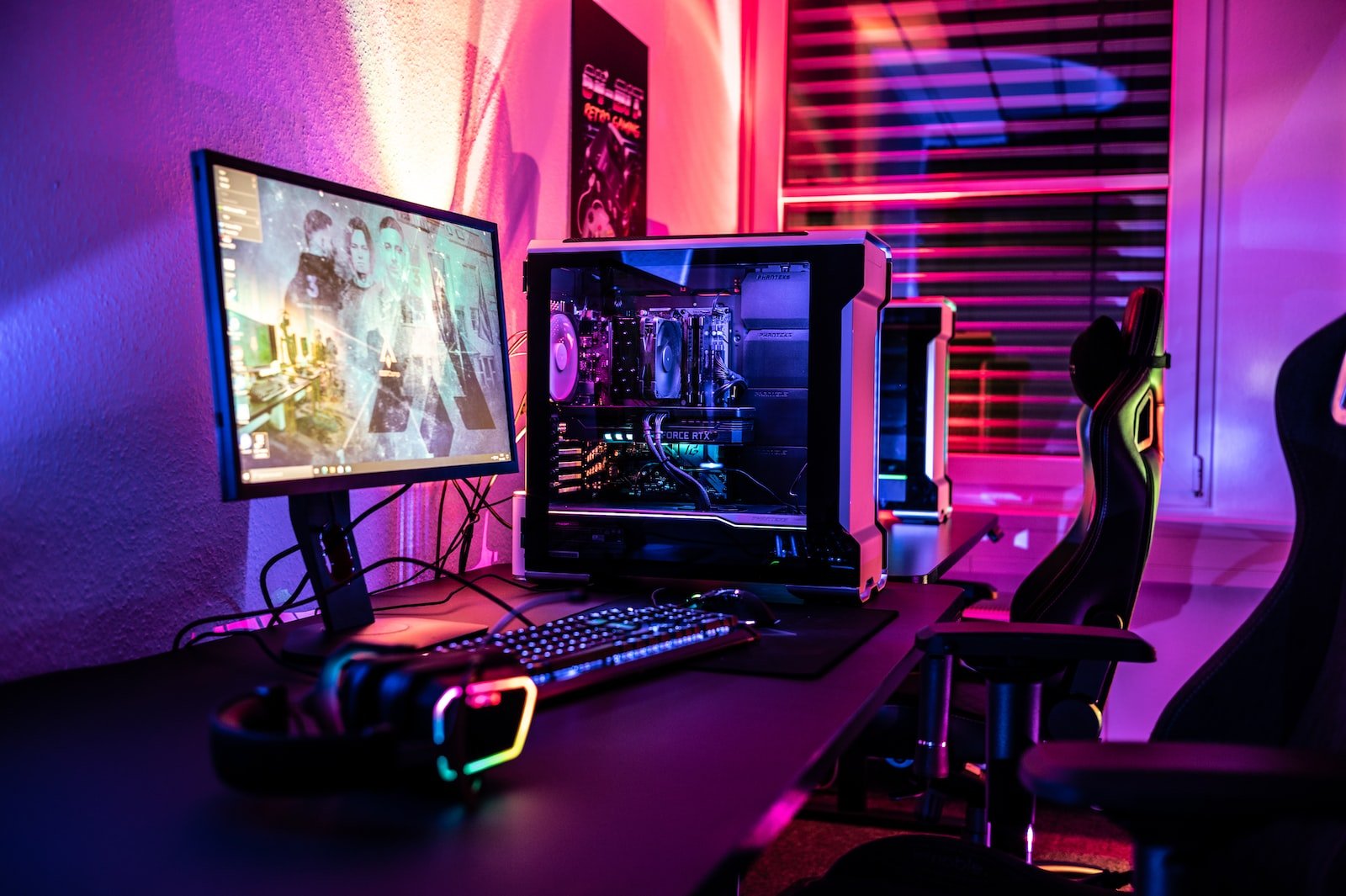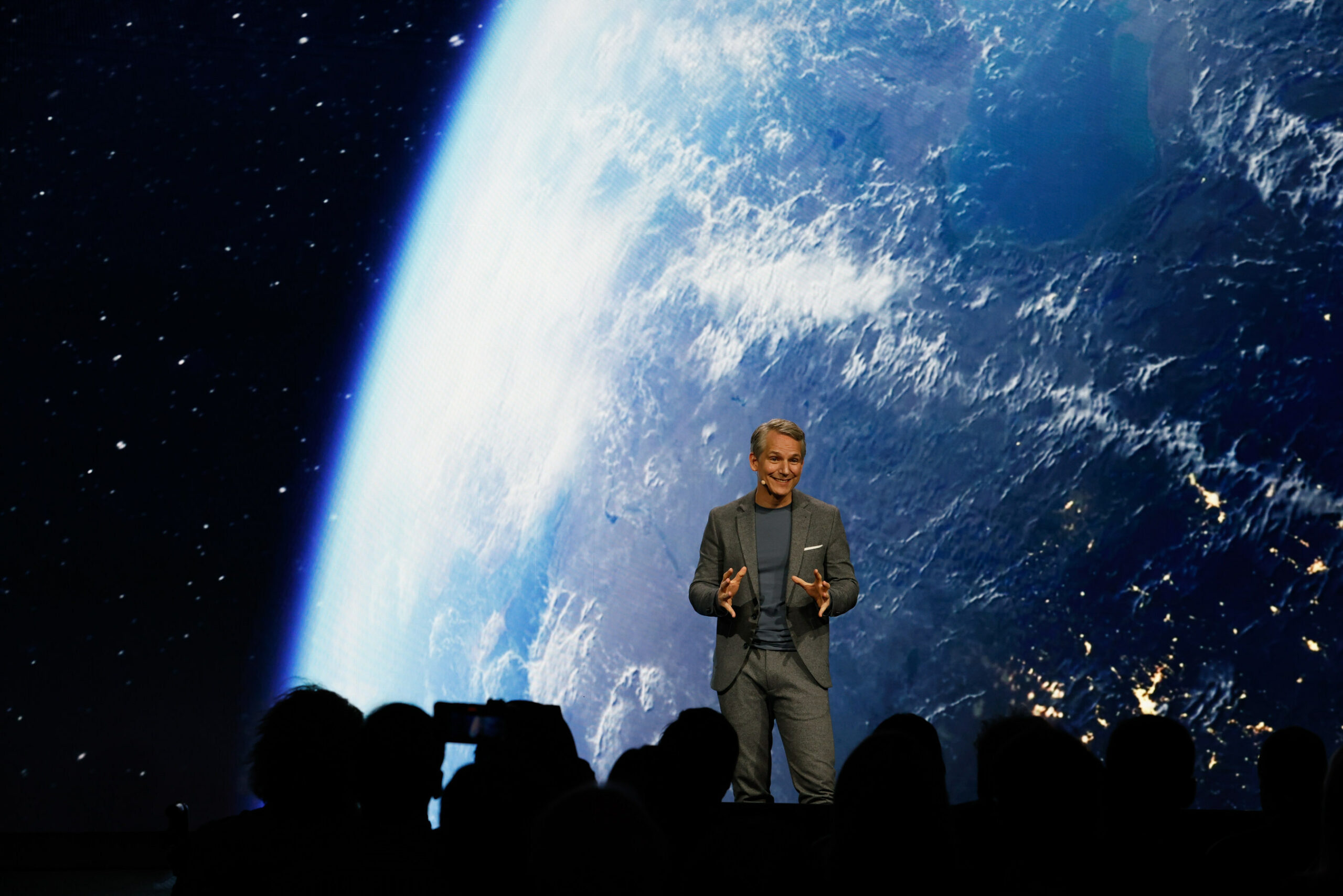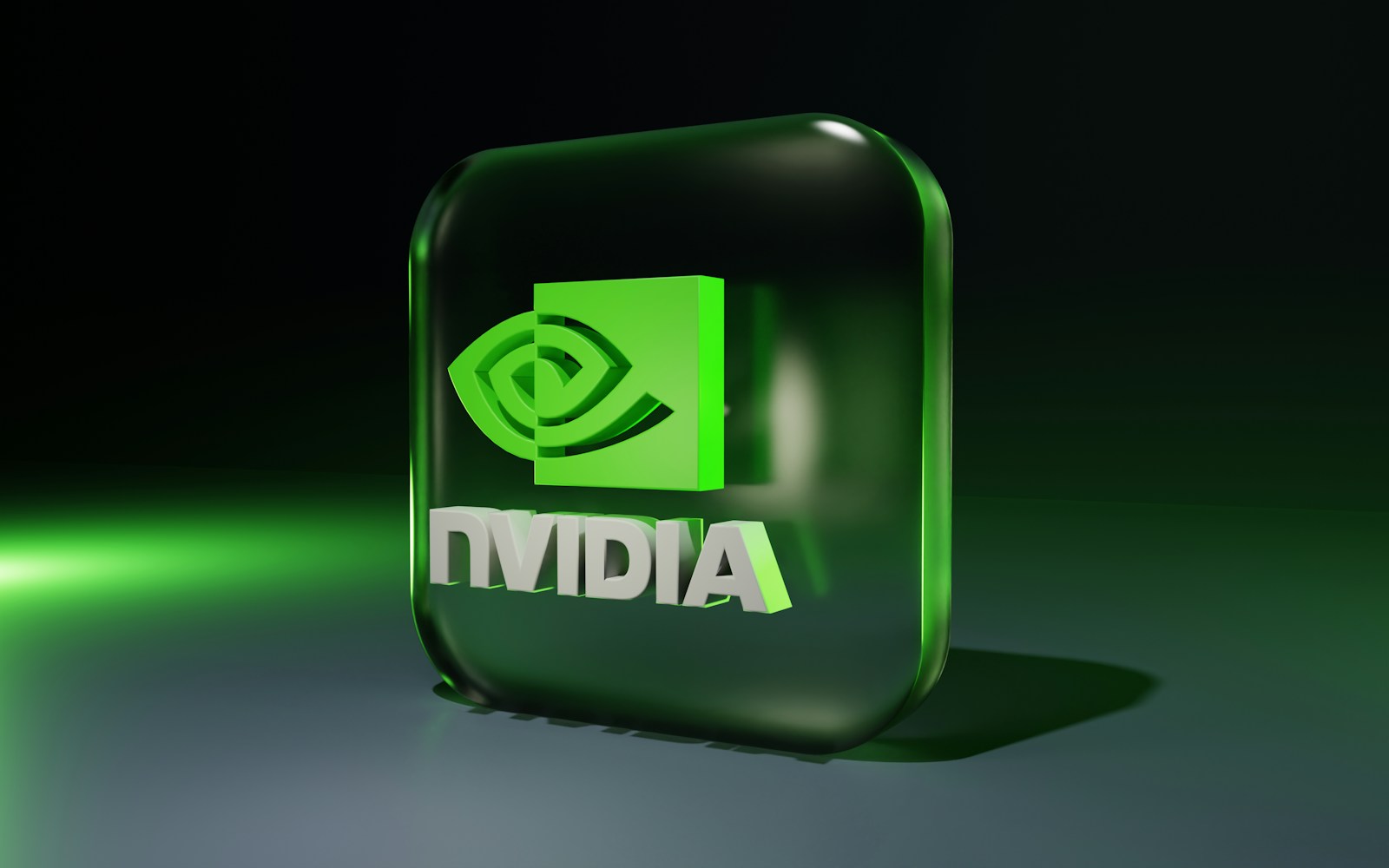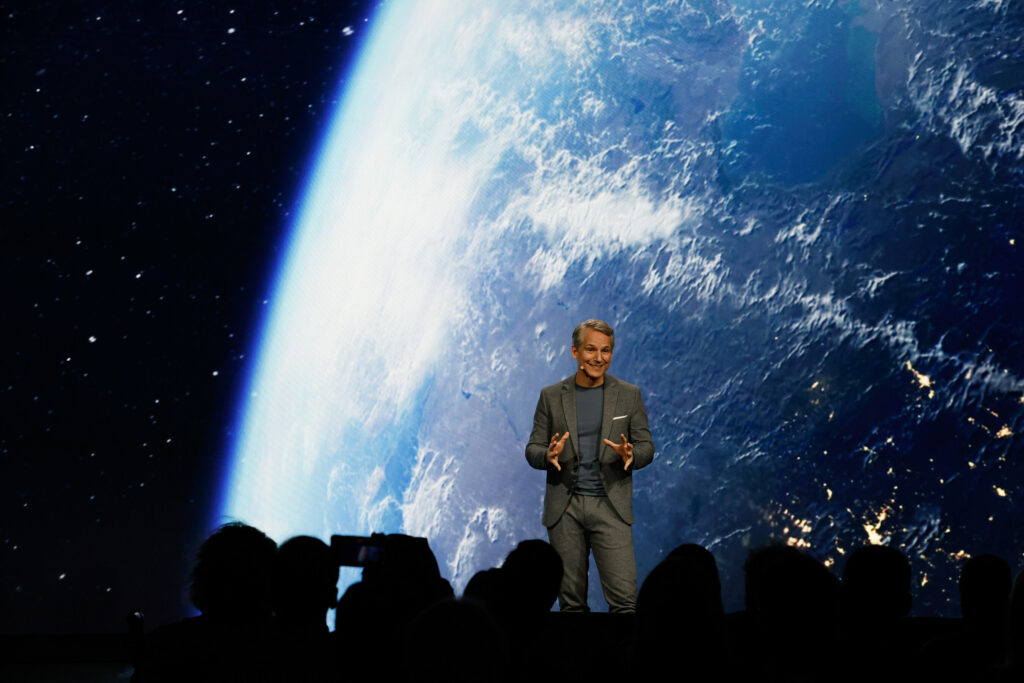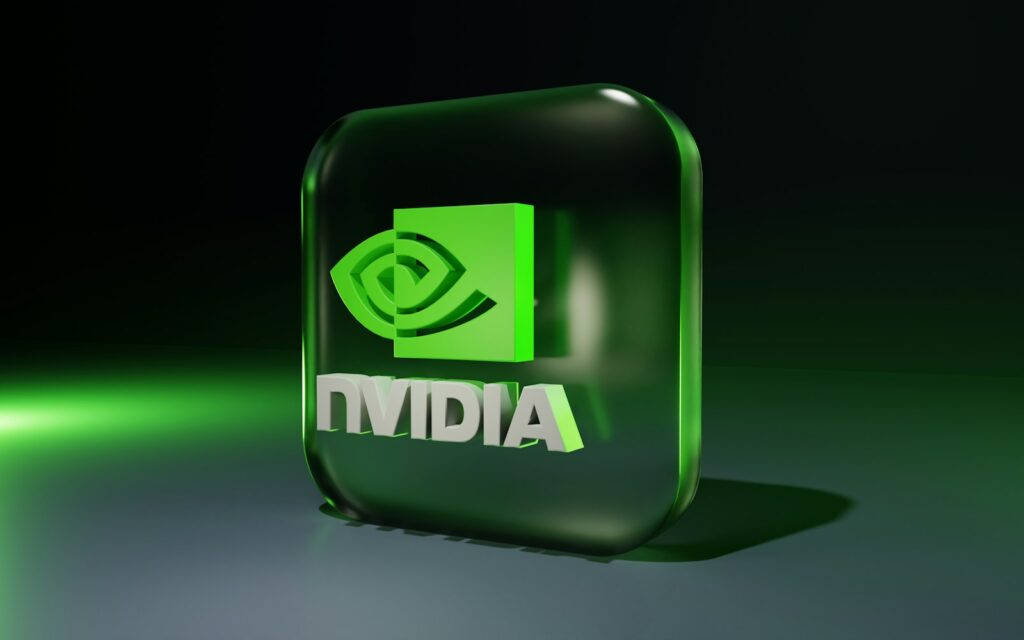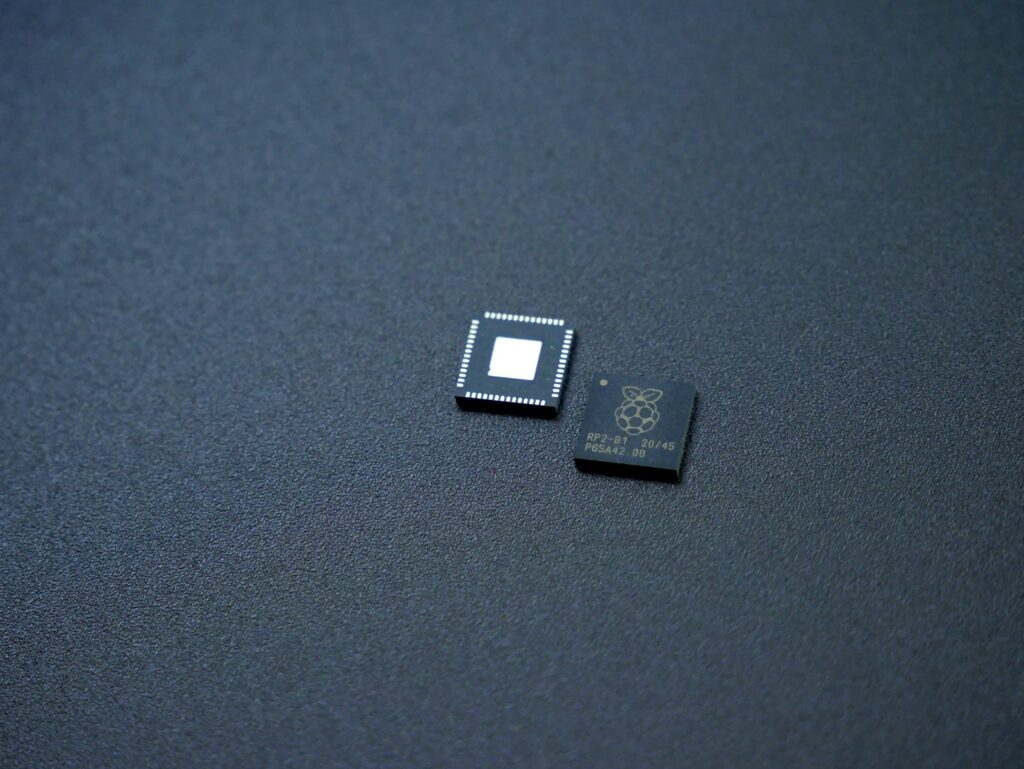Blockchain Gaming, the Metaverse and NFTs have been taking centre stage when it comes to innovations in gaming for 2022. The value of true digital asset ownership is being realised and many of the leading blockchain games have maintained steady users despite the turbulence in the world of blockchain.
NFT popularity and sales made the headlines in 2021 but 2022 was the year when in-game assets came under closer inspection. Leading games like Alien Worlds, Splinterlands, Upland and Benji Bananas demonstrated long term value to their loyal community base. Now is a good time to consider the key blockchain gaming trends for 2023.
Game developer support on steroids
In November, Game7 announced a grant program for $100 to accelerate Web3 game development. They have also released some details on a new Web3.Unreal Engine Github Plugin. The world renowned 3D creation tool and game engine developed by Epic Games is coming to Web3. A complaint amongst traditional gamers and designers is that blockchain games are less about the visuals and focused on transactions. The new Unreal Engine plugin by Game7 is due to hit the market in 2023 and will allow developers to seamlessly use Unreal features in blockchain games. It will allow for enhanced visuals and immersive environments at scale.

Game7 is sticking to its mission to accelerate the development of open source Web3 games. Furthermore, Animoca Brands, the NFT and gaming investor has announced plans for a new fund worth $2 billion that will focus on investment in metaverse businesses that will no doubt have gaming components. Whilst the tensions between traditional gamers and blockchain gamers is still being played out, it is clear that all game developers interested in the Web3 space will have plenty of opportunities to receive support in 2023.
The Potential of In-Game DAO economies
Alien Worlds, the leading blockchain game, has set the scene for the future of DAO mechanics in the world of gaming and it is exciting to see how the community is jumping on board. Until now, DAO structures of governance have been reserved for DeFi protocols, large organisations and communities exploring the potential of DAO economies. However, when Alien Worlds announced the introduction of syndicates to their metaverse earlier this year the world of gaming opened up to the opportunities that DAOs can bring to gamers with vision for future gameplay. Not only does this provide a new way to engage an already active community, it also allows decentralisation to flourish, catering for onchain voting mechanisms and elections.
Virtual Real estate as a gaming environment
Sandbox and Upland have positioned themselves as the leaders in the metaverse real estate world. Both offer users the chance to buy land, use land and create gamification on top of a virtual world. Sandbox is a pixelated world with plenty of quests to keep users entertained.
Upland is the metaverse based on the real world, where users can own a slice of a street or neighborhood or city they love. The trend developing here is that virtual owners will seek to develop more immersive experiences within and on top of their own piece of the metaverse. Depending on the landlord, tenant and players within these virtual environments could get access to exclusive NFTs, games and other interactive experiences.
Creative Gaming Collaborations
The influx of creative talent to the world of NFTs has brought together the key ingredients needed for the development of some epic games in the future. In 2022 there have been endless partnerships to bring brands into blockchain gaming and the metaverse. Mythical games partnered ith NFL, Upland partnered with FIFA and the Sandbox partnered with multiple household brand names.
However, as more games adopt mainstream users the vision for Web3 gaming is expanding. With more knowledge of the NFT user experience comes more entrants to the world of Web3 gaming. NFT artists and celebrities have awoken to the transparency, ownership and interoperability offered via NFTs. As established NFT creators and collections realise the long term value of gamification there will be more entrants into the blockchain gaming world. Who knows where this will lead as the creative mediums expand. How could AI artists, 3D modellers, poets, photographers and musicians build out gamified experiences?
Blockchain games are evolving at a rapid pace and keeping up with the demands of today’s gamers is increasingly difficult as there is more competition for user retention. One thing is for sure is that when players realise that they can win, earn and trade their in-game assets it is hard to reverse this trend.
Gaming is becoming a lifestyle choice. Blockchain games incorporating features of Web3 are at the beginning of a huge shift to a user-centric model of game development that will allow for continued innovation across all gaming platforms.
For more market insights, check out our latest Digital Twin news here.
